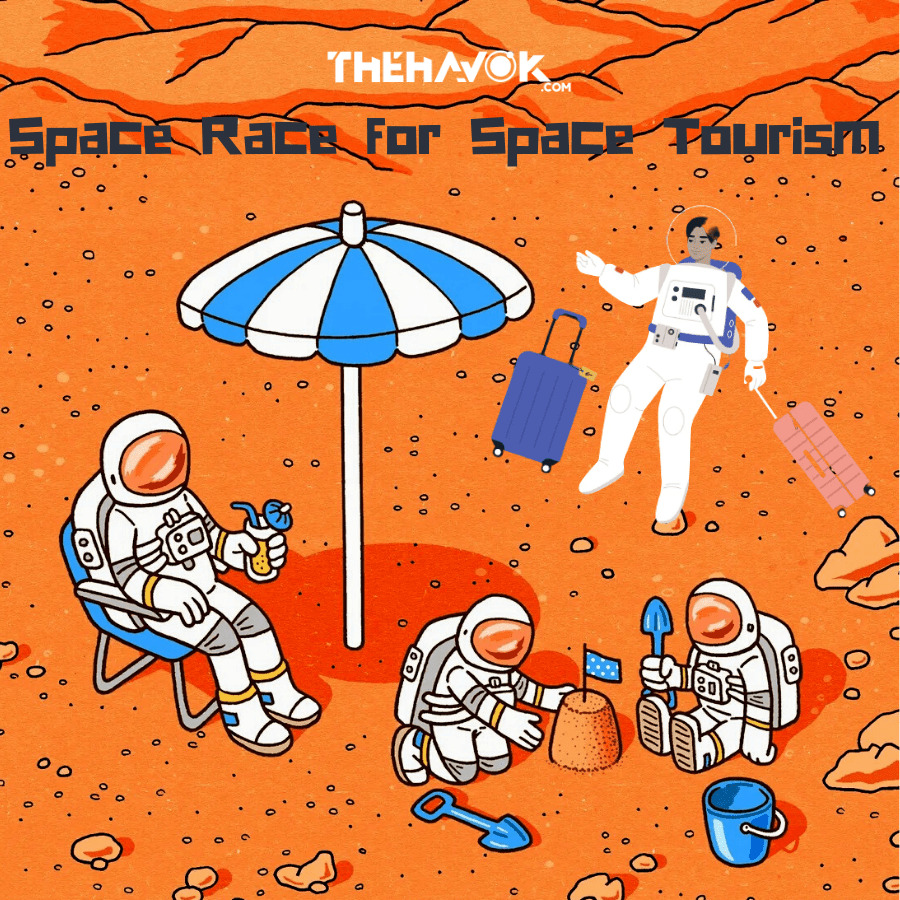Space exploration. Ok. This is one immensely colossal thing for which every Astro-enthusiast is curious about. But one thing for which, everyone is curious about, is Space Tourism. Ever since the first space tourist, Dennis Anthony Tito spent $20 million for spending 7 days 22 hours and 4 minutes in space orbiting earth for 128 times; the hype for space tourism has surged dramatically. To this, in past week Jeff Bezos promulgated that he and his brother Mark alongwith a triumpher of online auction will peregrinate on first crewed flight of Blue Origin’s New Shephard scheduled on July 20. New Shephard is an autonomous sub-orbital rocket designed for a joyride into the space and a soothing experience of weightlessness.
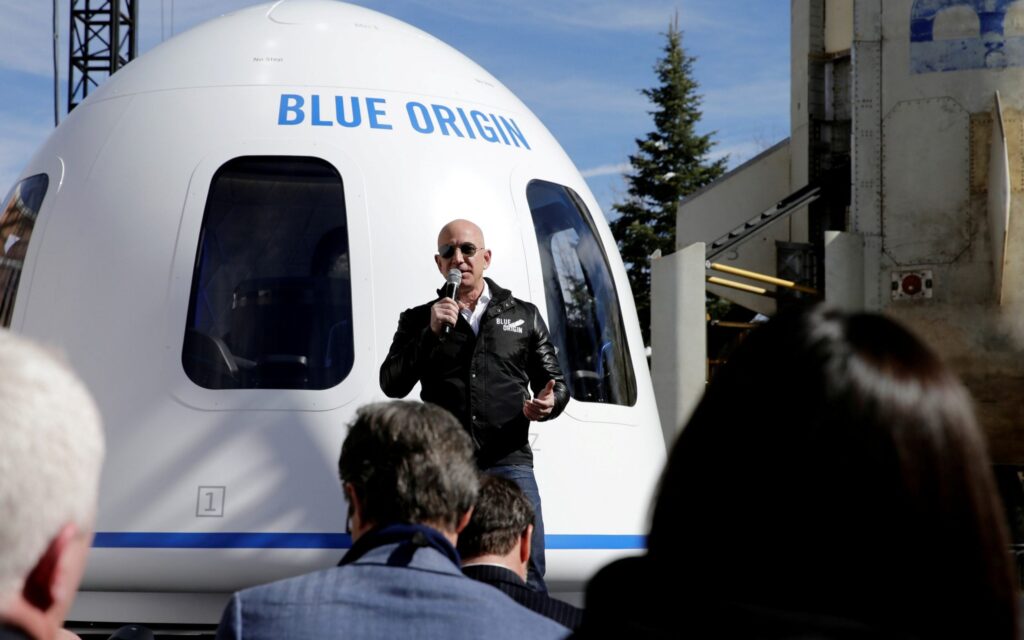
blue origin’s next mission
(Source: The Telegraph)
Another major investor is Richard Branson with its Virgin Galactic, which is the only publicly listed space conveyance company. It already has 600 registrations so far and plans to fly to sub-orbital space with its rocket, just as Blue Origin. With first batch of tickets sold at $250,000 – $50,000 for each minute of weightlessness; Justin Bieber and Leonardo DiCaprio are some the ultra-opulent registrations listed for the flight.
And then there is Elon Musk, with its eminent space company, SpaceX. Solely intrigued with giving joyride to deep-pocket space tourists, company plans to take a Japanese billionaire around the moon by 2023.
With “Tourism” industry flourishing high up there in space, “space hotels” are the next sizably voluminous thing you require. I mean, after experiencing weightlessness and bewildered with the space resplendence, you require to repose; right? Few firms like Axiom Space are orchestrating “space hotels”. Estimated to launch its first part by 2024, this $2 billion Ax Station will be first of its kind “commercial space station”.
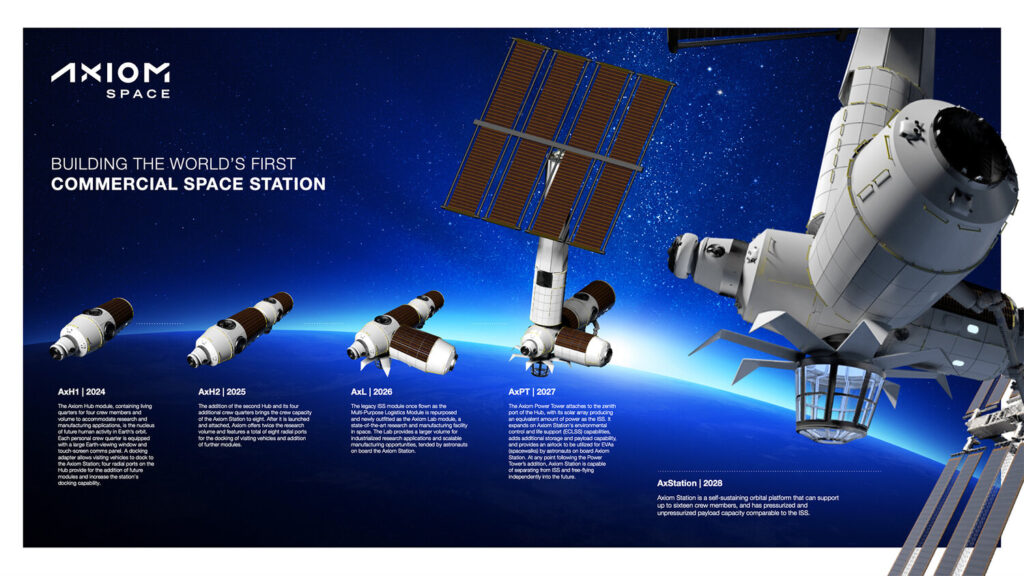
And for those who are spending hefty sums to get into space, will conspicuously demand luxury living up there even! No worries. Orbital Assembly Corporation is all set to open a luxury space hotel, Voyager station by 2027. It can accommodate 280 guests and 112 crew members upon prosperous launch.
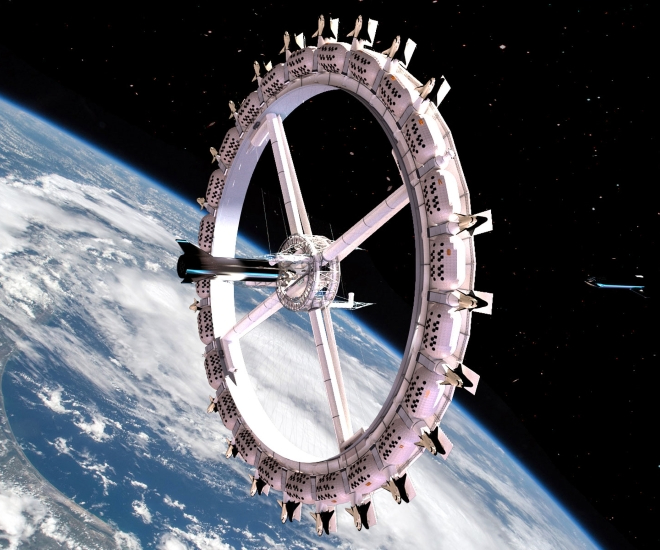
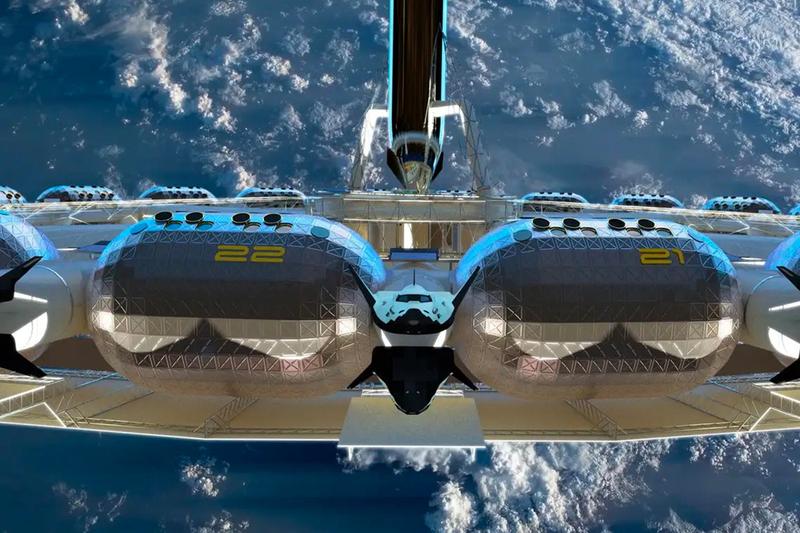
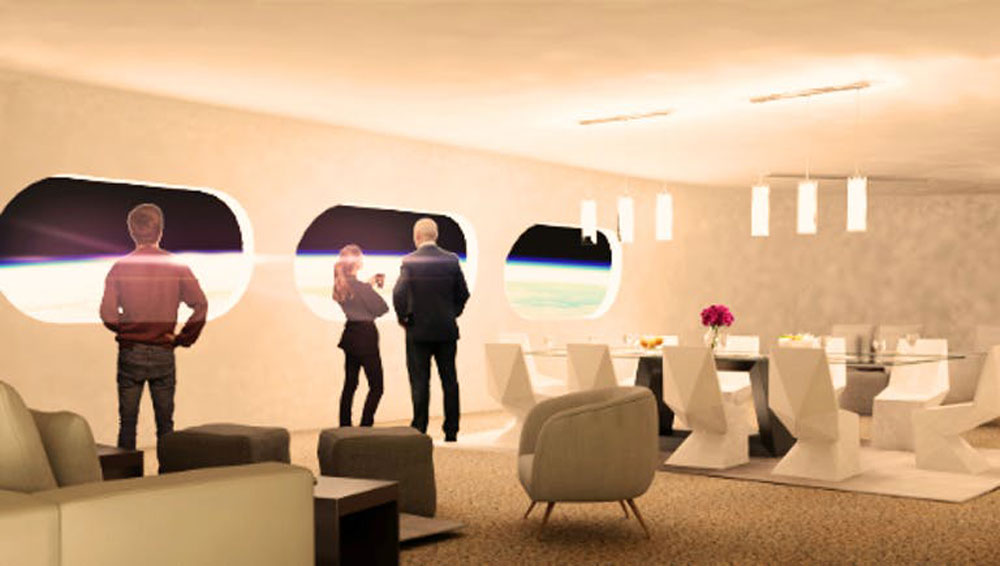
How the space tourism industry is actually doing?
According to Union Bank of Switzerland (UBS), by 2030 space tourism will be a $3 billion dollar market and space industry as a whole will be growing with $805 billion market. This numbers also majorly depend on exactly what the passengers want to opt for. Meaning, the cost of flight really depends on weather you reach sub-orbital or orbital space, time spent up there and most importantly; what are the company’s capabilities to offer such journeys. Currently, Elon Musk’s SpaceX is set for orbital journeys and Virgin Galactic would spend only 0.04 % as much time in space as on a trip managed by SpaceX.
Based on recent reports on market cap of the industry given by Northern Sky Research, sub-orbital tourism will be gaining total revenue of $10.4 billion over the next decade. Concurrently, orbital tourism would be having $55.9 million. Thus, approximately till 2028, sub-orbital and orbital tourism will achieve $2.8 billion and $610 million market cap respectively; mostly invested and spent by ultra- and uber-affluent citizens across the globe.
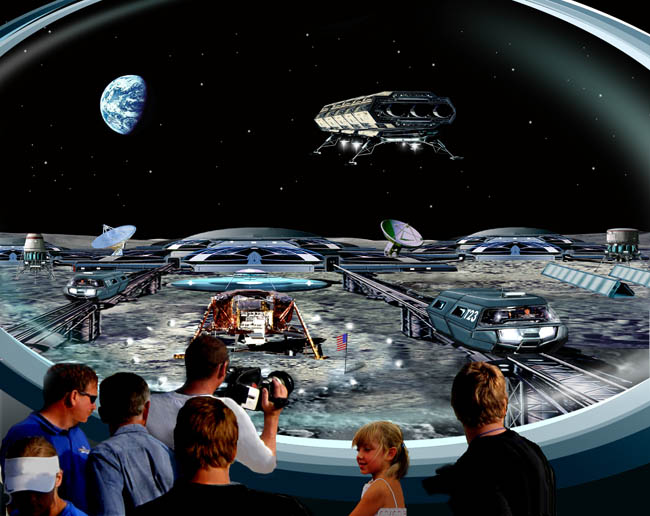
But after these harsh times of corona virus pandemic, space tourism industry mostly remains a financial burden. Reportedly, Virgin Galactic claimed annual losses of $273 million in 2020 and revenue of just $238,000. Also in Q1 2021, it posted an adjusted operating loss of $55.9 million. Similarly, Nevada based space technology company, Bigelow Aerospace which was planning a pod module that inflates in orbit of commercial space habitats had to lay-off all of its workforce after huge losses.
The Real Picture of Space Tourism
In this ever-ending “space race”, already led by private ventures, the genuine question is:
Whether space tourism with such a niche market of accommodating only the uber-rich can ever be remuneratively lucrative?
Whether civilians will genuinely understand and overcome the life-threatening challenges of space travel?
With all this in mind, SpaceX is orchestrating for “Inspiration4”, which will be the world’s first all-civilian mission to space. It will utilize Crew Dragon Resilience capsule with founder and CEO of Shift4Payments, Jared Issacman as commander.
Intriguingly, the US Federal Aviation Administration (FAA) imposes private space companies and space tourists to a kind of reimburse US regime afore the launch. And, FAA expeditiously and shrewdly defies space tourists as “space flight participants” and not “astronauts”, which is because, if they aren’t “astronauts”; government isn’t bound to rescue them. (From BloombergQuicktake)
So-called “Outer Space Treaty” focuses only on national governments and not on private companies or individuals. “Law of land” doesn’t apply up there! In case, if anything goes erroneous then who would be sued?
Concurrently, there subsists ethical dilemmas, of which the most germane to space tourism is, if capsule or the luxury space hotel runs out of oxygen, who would have first right on remaining oxygen? You visually perceive! Everyone has equal right on oxygen on Earth. But not in Space, my friend…
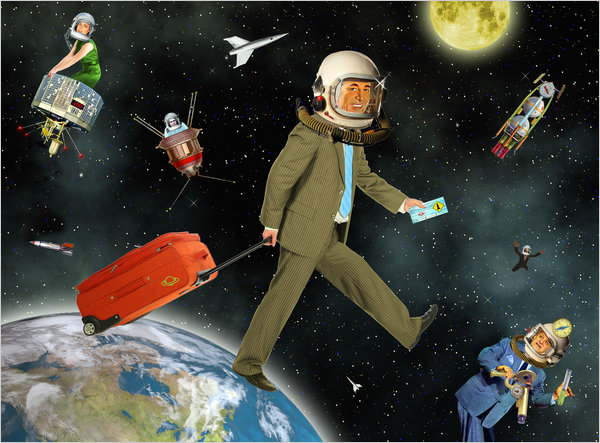
(Source: The New York Times)
The race has commenced. Competition is, who sends tourists into the upper atmosphere and how far? But for the sector to boost up, solutions to many challenges needs to be ascertained.


